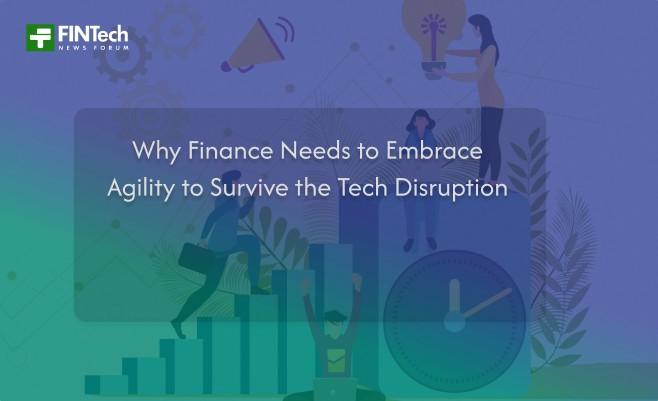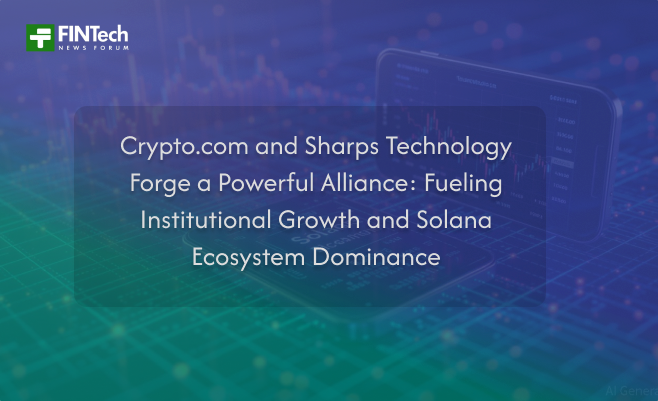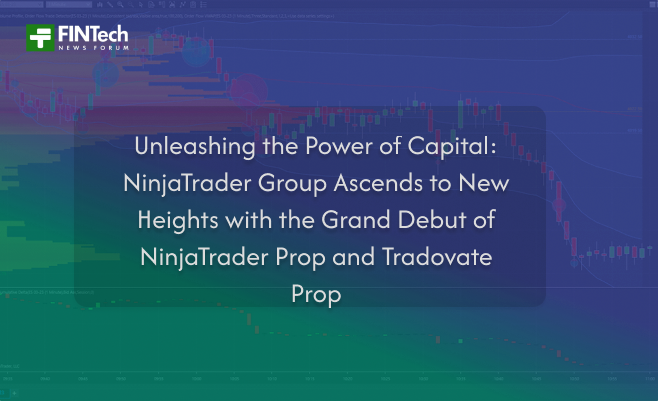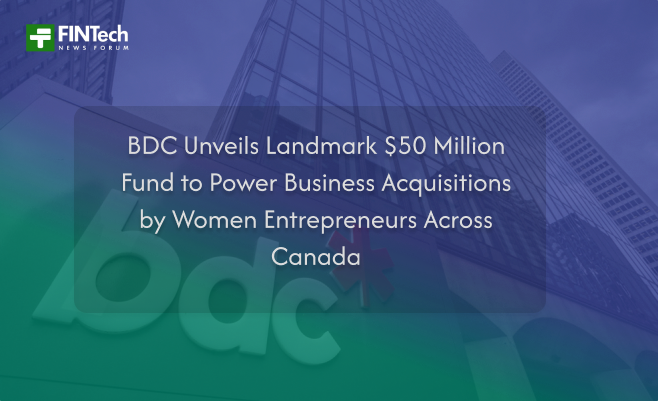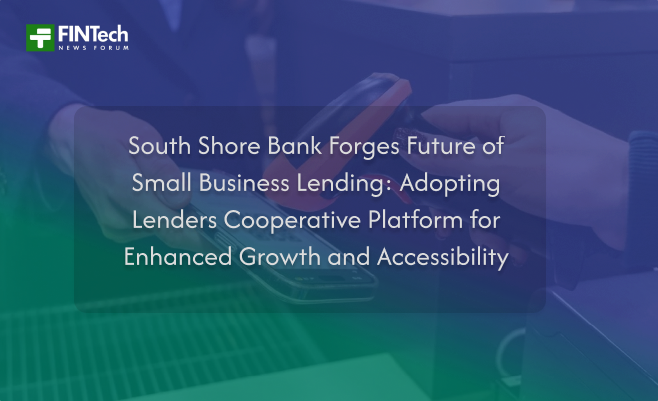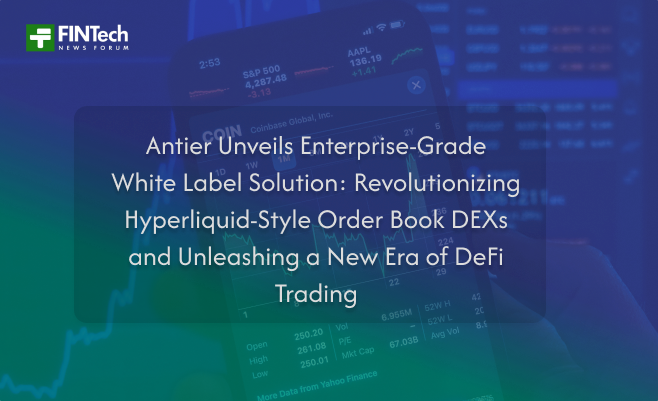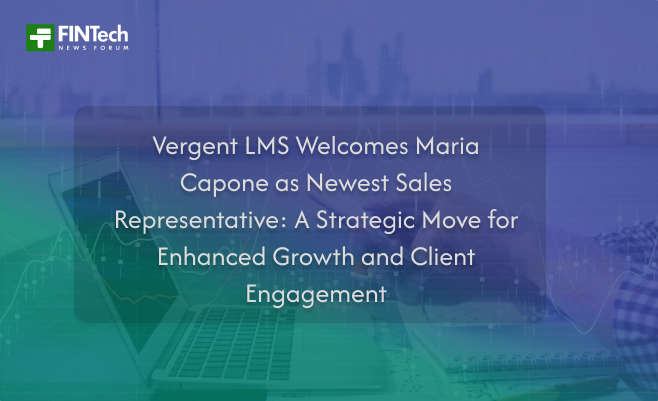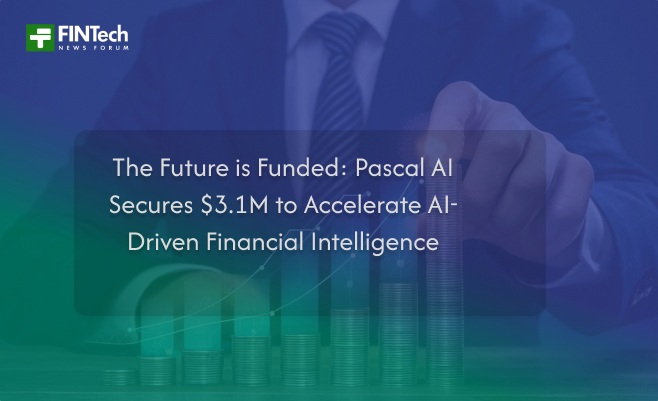
In the dynamic and hyper-competitive world of investment, the quest for alpha – that elusive edge over the market – is relentless. For decades, this pursuit has relied heavily on human intellect, painstaking research, and the ability to sift through mountains of data. However, as the volume, velocity, and variety of financial information explode, traditional methods are reaching their limits. Enter artificial intelligence, poised to redefine the very foundations of investment research. A recent, significant development in this evolving landscape is the announcement that Pascal AI has successfully raised $3.1 million in funding, specifically aimed at accelerating autonomous investment research workflows. This isn’t just another funding round; it’s a pivotal moment signaling a dramatic shift towards a future where AI doesn’t just assist, but actively drives, the core processes of financial analysis.
The Unfolding Complexity of Modern Investment Research
Before delving into Pascal AI’s groundbreaking approach, it’s crucial to understand the formidable challenges currently facing investment professionals. The traditional research workflow is a labyrinth of manual processes:
- Data Overload: Analysts must grapple with vast quantities of structured data (financial statements, market prices, economic indicators) and unstructured data (news articles, analyst reports, social media sentiment, regulatory filings). The sheer volume makes comprehensive human analysis virtually impossible.
- Time Sensitivity: Financial markets move at lightning speed. Opportunities appear and disappear in moments. Manual research, by its very nature, is slow and reactive, often leaving valuable insights undiscovered until it’s too late.
- Cognitive Biases: Human analysts, despite their expertise, are susceptible to a range of cognitive biases, from confirmation bias to anchoring. These biases can lead to suboptimal decisions, even with the best data.
- Resource Intensity: Hiring and maintaining large teams of highly skilled analysts is expensive. Each analyst has a limited capacity, meaning firms often have to prioritize certain sectors or asset classes, leaving others less scrutinized.
- Lack of Scalability: Scaling human-driven research means proportionally scaling costs and time. AI, conversely, offers exponential scalability.
These challenges highlight an undeniable truth: the existing paradigm of investment research is struggling to keep pace with the demands of modern markets. The industry is ripe for disruption, and companies like Pascal AI are stepping up to deliver it.
Pascal AI’s Vision: The Dawn of Autonomous Investment Research
Pascal AI isn’t simply proposing to add AI tools to existing workflows; they are fundamentally reimagining them. Their core mission, empowered by this $3.1 million funding, is to accelerate autonomous investment research workflows. But what exactly does “autonomous” mean in this context?
Autonomous investment research goes beyond merely automating repetitive tasks. It envisions a system where AI can:
- Ingest and Process Data at Scale: Automatically collect, clean, and integrate diverse datasets from global sources – everything from real-time stock quotes and SEC filings to earnings call transcripts and geopolitical news.
- Generate Hypotheses and Formulate Questions: Instead of waiting for a human to ask, “What factors are impacting company X’s supply chain?”, the AI system could proactively identify potential vulnerabilities based on current events and historical patterns.
- Conduct In-Depth Analysis: Employ advanced machine learning (ML), natural language processing (NLP), and deep learning techniques to identify complex patterns, relationships, and anomalies that would be invisible or too time-consuming for humans to detect. This includes sentiment analysis of news, predictive modeling of market movements, and correlation analysis across disparate data points.
- Synthesize Findings and Generate Insights: Transform raw data and complex analyses into actionable insights. This could involve generating concise reports, flagging high-probability investment opportunities, identifying emerging risks, or even suggesting portfolio rebalancing strategies.
- Learn and Adapt Continuously: The system should not be static. Through reinforcement learning and ongoing data ingestion, it should continuously refine its models, improve its predictive accuracy, and adapt to changing market conditions and new information.
The “workflow” aspect is key. Pascal AI isn’t building a single tool; it’s constructing an integrated ecosystem where these AI capabilities flow seamlessly, reducing manual intervention at every stage. Imagine an AI assistant that not only pulls up relevant earnings reports but also highlights crucial management commentary, identifies unusual items in the footnotes, analyzes competitive landscape shifts mentioned in analyst notes, and then projects potential impact on future earnings – all within minutes, not days. This is the promise of autonomous investment research.
Fueling the Revolution: How $3.1 Million Will Be Utilized
The $3.1 million secured by Pascal AI isn’t merely capital; it’s rocket fuel for rapid innovation and expansion. This funding round, likely from a mix of venture capitalists and strategic investors who understand the transformative power of AI in finance, will undoubtedly be allocated across several critical areas:
- Talent Acquisition: The core of any AI company is its people. Investing in top-tier AI researchers, data scientists, machine learning engineers, and financial domain experts will be paramount to developing and refining their sophisticated algorithms and platforms.
- Research and Development (R&D): Advancing AI capabilities requires continuous R&D. This funding will enable Pascal AI to push the boundaries of what’s possible in areas like predictive analytics, explainable AI (XAI) for financial applications, and real-time market intelligence.
- Infrastructure Scaling: Running complex AI models on vast datasets requires robust and scalable computing infrastructure. A significant portion of the funding will likely go towards enhancing cloud infrastructure, data storage, and processing power.
- Product Development and Refinement: Iterating on their current platform, developing new features, and enhancing user experience will be crucial. This includes building more intuitive interfaces and integrating with existing financial tools used by professionals.
- Market Expansion and Partnerships: With a refined product, Pascal AI can strategically expand its market reach, targeting more institutional clients, hedge funds, asset managers, and potentially even corporate finance departments. Forming strategic partnerships with data providers or other fintech companies could also accelerate growth.
- Security and Compliance: Operating in the financial sector demands the highest standards of data security, privacy, and regulatory compliance. Resources will be allocated to ensure their systems meet stringent industry requirements.
This investment demonstrates strong confidence in Pascal AI’s vision and its potential to capture a significant share of the rapidly growing market for AI in financial services.
The Transformative Impact on the Investment Landscape
The implications of Pascal AI’s autonomous research workflows extend far beyond mere efficiency gains. They promise to profoundly reshape various facets of the investment landscape:
- For Institutional Investors and Hedge Funds: The immediate beneficiaries. These firms operate on razor-thin margins and every informational advantage counts. Autonomous research can provide faster, deeper, and more unbiased insights, leading to enhanced alpha generation, improved risk management, and the ability to explore a wider universe of investment opportunities. It frees up highly paid human analysts to focus on higher-level strategic thinking, client relationships, and interpreting the complex “why” behind AI-generated insights.
- For Asset Managers and Wealth Advisors: Enables more personalized and data-driven client advice. AI can analyze individual client risk profiles, financial goals, and market conditions to suggest tailored portfolio adjustments, predict future needs, and identify relevant opportunities more effectively than manual processes ever could.
- For Market Efficiency: As more sophisticated AI enters the market, information asymmetry could decrease. Faster processing of publicly available information by AI systems could lead to more efficient price discovery and potentially reduce arbitrage opportunities, benefiting the overall market structure.
- Augmentation, Not Replacement, for Analysts: While concerns about job displacement are natural, the more likely scenario is job transformation. Financial analysts will evolve from data miners to strategists, interpreters, and validators of AI-generated insights. Their role will shift towards critical thinking, contextual understanding, and ethical oversight, working in synergy with powerful AI systems.
- Democratization of Insights: Over time, as AI-driven research becomes more accessible and cost-effective, sophisticated financial insights that were once the exclusive domain of large institutions could become available to a broader range of investors, leveling the playing field.
Navigating the Future: Challenges and Ethical Considerations
While the promise of autonomous investment research is immense, its journey won’t be without hurdles. Pascal AI, and the industry as a whole, will need to address several critical challenges:
- Explainability (XAI): Financial decisions have real-world consequences. Investors and regulators need to understand why an AI system made a particular recommendation. Developing “explainable AI” models that can articulate their reasoning is crucial to build trust and ensure compliance.
- Bias in Data: AI systems are only as good as the data they are trained on. Historical financial data can contain inherent biases, and if not carefully managed, these biases can be amplified by AI, leading to unfair or inaccurate outcomes. Ethical data curation and model validation are paramount.
- Regulatory Frameworks: Regulators are still catching up to the rapid advancements in AI. Clear guidelines for the use of AI in investment, accountability for AI-driven decisions, and standards for model transparency will be essential for widespread adoption.
- Security and Robustness: AI systems in finance are prime targets for cyberattacks. Protecting sensitive data and ensuring the absolute robustness and integrity of AI models against manipulation or failure is a constant, evolving challenge.
- The Human Element: While AI can process data, human intuition, geopolitical understanding, and the ability to navigate truly unprecedented events (like a global pandemic) will remain irreplaceable. The art will be in the seamless collaboration between human and machine.
The Road Ahead: A Glimpse into Tomorrow’s Finance
Pascal AI’s successful funding round is more than just a financial milestone; it’s a strong indicator of the accelerating trend towards deeper AI integration in finance. We are standing at the precipice of a new era where investment decisions are increasingly informed, and in some cases, driven by intelligent machines.
The future of finance, with pioneers like Pascal AI leading the charge, will likely be one where:
- Human creativity and strategic thinking are amplified by AI’s analytical prowess.
- Investment opportunities are identified with unprecedented speed and precision.
- Risk is understood and managed with greater foresight.
- Financial markets become more efficient, responsive, and potentially more resilient.
Pascal AI is not just selling a product; they are selling a vision of a more intelligent, more efficient, and ultimately, more prosperous financial future. As they utilize their $3.1 million to push the boundaries of autonomous investment research, the entire industry will be watching, ready to adapt to the exciting possibilities their innovation brings. This is the moment where the future of financial intelligence is truly funded.


